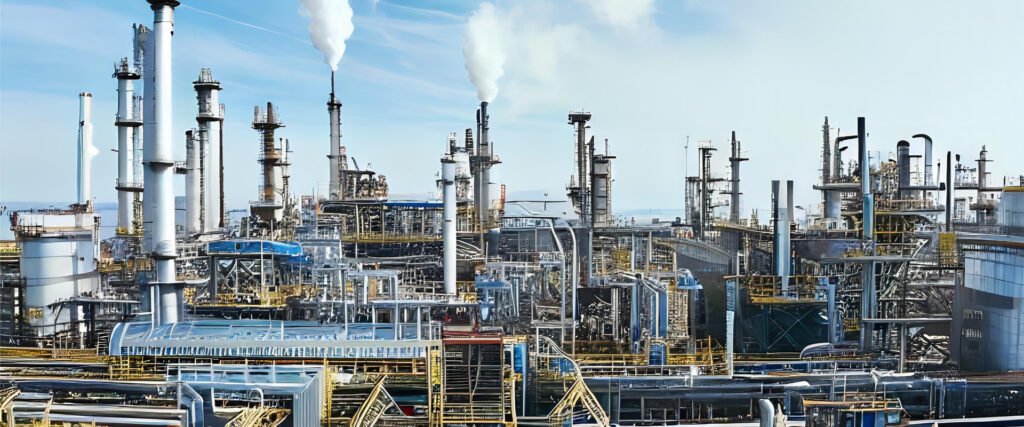Your cart is currently empty!
TEL:08615998857658

Demulsifier Additive
Absolutely! In the realm of lubricants, demulsifier additive are used as additives to enhance the performance of oils and lubricants by aiding in the separation of water from the lubricant.
Description
| Absolutely! In the realm of lubricants, demulsifier additive are used as additives to enhance the performance of oils and lubricants by aiding in the separation of water from the lubricant. Water contamination in lubricants can lead to various issues such as reduced lubricating properties, corrosion, and accelerated wear of machinery components.
Demulsifier additives in lubricants serve a similar function to those used in other industries. They help break down emulsions formed between water and oil, allowing for easier separation of the two phases. By destabilizing these emulsions, demulsifiers help the water to separate more rapidly, thereby preserving the lubricant’s integrity and performance. In applications where machinery is exposed to water or high humidity environments, such as marine engines or industrial machinery, lubricants with demulsifier additives are particularly valuable. These additives assist in maintaining the lubricating properties of the oil by preventing water contamination and subsequent degradation of the lubricant’s effectiveness. |
A demulsifier additive, also known as an emulsion breaker, is a specialized chemical compound added to hydraulic oil to prevent water from forming stable mixtures (emulsions) with the oil.
Why are demulsifiers important in hydraulic oil?
Water contamination in hydraulic oil can lead to several problems, including:
- Reduced lubrication performance: Water can interfere with the oil’s ability to form a protective film on metal surfaces, leading to increased friction and wear.
- Corrosion: The presence of water can accelerate corrosion of metal components within the hydraulic system.
- System malfunction: Water contamination can disrupt the proper functioning of hydraulic components, potentially leading to equipment failure.
How do demulsifiers work?
Demulsifiers work by altering the interfacial tension between the oil and water phases. They typically consist of molecules with both hydrophilic (water-loving) and lipophilic (oil-loving) portions.
- The hydrophilic portion of the demulsifier molecule interacts with the water molecules, while the lipophilic portion interacts with the oil molecules.
- This disrupts the stability of the water-in-oil emulsion, allowing the water droplets to coalesce (merge) into larger droplets and separate from the oil.
Benefits of using demulsifiers in hydraulic oil:
- Improved lubrication performance: By preventing water from forming emulsions, demulsifiers help maintain the oil’s lubricating properties and reduce friction and wear.
- Reduced corrosion: By promoting water separation, demulsifiers help minimize the risk of corrosion within the hydraulic system.
- Enhanced system reliability: By preventing water-related problems, demulsifiers contribute to the smooth operation and reliability of the hydraulic system.
Selection and use of demulsifiers:
The type and amount of demulsifier required for a specific hydraulic oil application will depend on several factors, including:
- The severity of the water contamination problem
- The type of hydraulic oil being used
- The operating conditions of the hydraulic system
It is crucial to consult with the oil manufacturer or a qualified lubrication professional to choose the appropriate demulsifier additive for your specific needs. Improper selection or use of demulsifiers can have unintended consequences, so always seek professional guidance before introducing any additives to your hydraulic oil.



Reviews
There are no reviews yet.